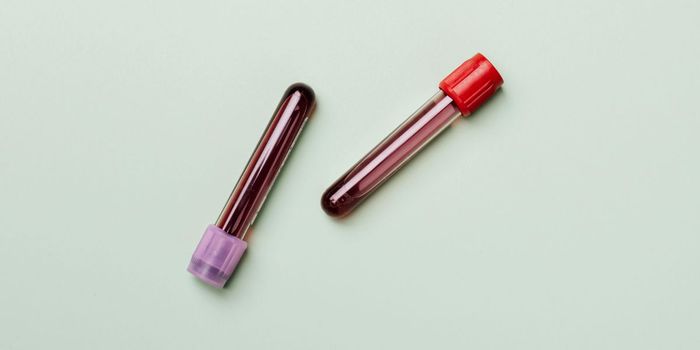Protein complex discovered as first biomarker of PTSD
Researchers at the Centre for Addiction and Mental Health (CAMH) and the Canadian Institutes of Health Research (CIHR) have identified a potential diagnostic biomarker; a protein complex found to be elevated amongst individuals suffering from post-traumatic stress disorder (PTSD).
Marked by crippling anxiety, nightmares and looping memories of the traumatic event, there are extremely few diagnostic or treatment options that work. Moreover, the prevalence of PTSD in the community is on the rise. Among U.S. military personnel alone, an estimated 2 percent have the condition after facing life-threatening, combat-related experiences. Likewise, victims of violence, assault, and natural disasters also contend with PTSD’s debilitating symptoms.
Managing PTSD usually involves a combination of cognitive-behavioral psychotherapy and medications, although even with these interventions, patient outcomes are disappointing.
In a breakthrough finding, the authors of the study, published in the Journal of Clinical Investigation, discovered that the Glucocorticoid Receptor-FKBP51 (GR-FKBP51) protein complex was substantially elevated in individuals with symptoms of PTSD. These differential levels could serve as a potential diagnostic biomarker.
The team’s lead, Professor Fang Liu from the University of Toronto said, “We believe this protein complex normally increases after severe stress, but in most cases, levels soon go back to baseline levels.”
“However, in those who develop PTSD, the protein complex remains persistently elevated, and so this could be a blood-based biomarker for PTSD as well as being a target for pharmacological treatment.”
On another promising note, the investigators tested a possible PTSD therapeutic in a mouse model of PTSD: an interfering peptide that blocks the effects of GR-FKBP51. By disrupting and shielding against the physiological and cognitive effects of excessive GR-FKBP51, this peptide blocker could even be applied as a preventative therapy in the wake of serious, traumatic events.
The next steps for the authors include further validation of their findings before kicking off clinical trials amongst survivors of PTSD.
Sources: ZME Science, The Journal of Clinical Investigation.









